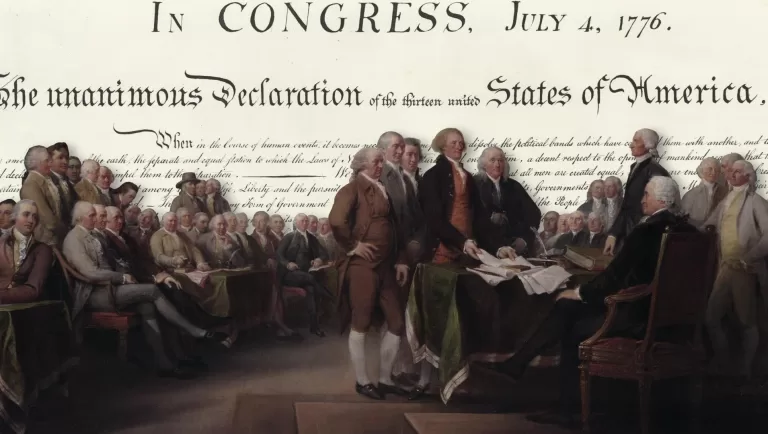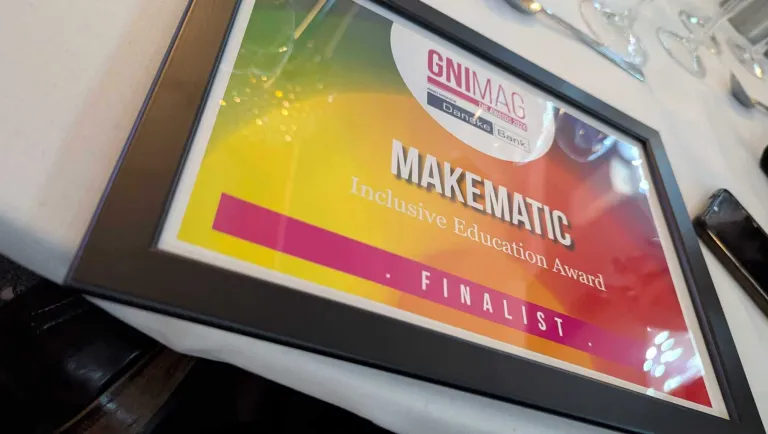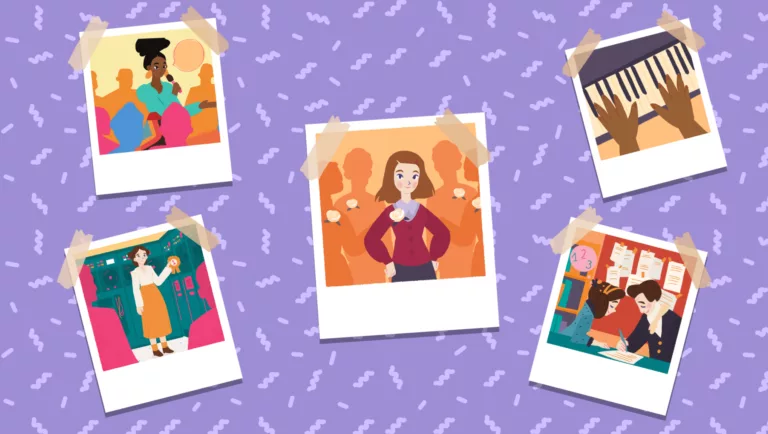
What Game Are They Playing?
If you surveyed our household today, you’d find that alongside watching short-form video content, games play an important part in my two boys’ education. There is nothing different from any other 21st-century household there! I often think that if only all the curriculum learning for my 6-year-old could be delivered as one long adventure game with embedded video, how quickly the arguments would disappear! Imagine how more exciting Pythagoras Theorem would become if whilst being chased by a gang of baddies, in order to cross a canyon and avoiding certain death on the rocks below, a bridge must be built, after learning the Theorem through a series of short films or images or text or just about anything depending on the choice made by the student. It would little matter whether the area of the square whose side is the hypotenuse is equal to the sum of the areas of the squares on the other two sides. It would be taught in a flexible and individually focused way.
During home-schooling after each “learning experience” of Twinkl “fill-in-the-box” worksheets, my son becomes fidgety and distracted and when his break comes, after an obligatory run around the garden, he often then turns to Youtube Kids and games on his iPad. In lockdown, we’ve seen that his online gaming friends (we strictly monitor his online play), and the YouTubers who talk about and show tips on his favourites (Minecraft, Roblox and Among Us), have become an important “community replacement” for his usual physical classroom friends.
When learning, he particularly enjoys maths and science but drags his feet when it comes to literacy, reading and writing. The game Among Us instantly changed all that. Because he needed to be able to quickly read and respond to what others were putting in their chat boxes, (the aim of the game being to find the baddie “among us”), our home-schooling and online literacy, reading and writing lessons suddenly became a breeze.
Many of my own school memories revolve around lunchtimes in our “computer lab” playing a bad rendition of Galaxian on one of the three 1k memory (with 16k RAM!) ZX81’s that the school owned. Later these were upgraded to 16K ZX Spectrum’s with classics such as Horace Goes Skiing. In my mid-teens, my dad was given an Acorn Electron BBC Micro Model B (a big mouthful for a small micro-computer) to help him with his work. It totally baffled him, so I dived in headfirst and immersed myself in classics such as Chuckie Egg and Snapper. In addition to becoming a very proficient gamer, it improved my reflexes - this showed in physical sports. It improved my ability to concentrate on one repetitive and ever faster task (Pac Man) for long periods. Gaming also improved my memory because many of the early platform adventure games were labyrinthine (Monty Mole). From a social perspective, I had to interact positively with my friends - there were never less than 4 or 5 of us huddled around a monitor so I learned to wait for my turn! 80s and 90s gaming appealed to my competitive nature because unlike now, where collaboration is an important feature of a lot of games, ours were all about being the best and getting the highest score.
Last month I wrote about Michael Rosen and how in an article in The Guardian, he expressed his bewilderment at an 8-year-old needing to know what a fronted adverbial is. Simon Jenkins last week took it a step further. He used to work at London’s Institute for Education, so he is qualified when he says that “English education is a citadel of blind reaction” where “the academic bias of the curriculum, prejudice against vocational study, the priority given to favoured subjects, school timetabling and the dominance of testing are passed down…. like the Ten Commandments”. The system is inflexible, cast in stone and cannot be changed. Yet senior teaching leaders are pleading for SATs, GCSEs and A levels to be abolished and the UK education system is suffering through a lack of vocational education and a method which can’t measure for example creativity, music, sport and the arts.
I’ve written before about VARK Modalities, (Visual, Aural, Read/Write, and Kinaesthetic sensory modalities that are used for learning information.) Fleming and Mills (1992) suggested that there were four learning modalities and that by appealing to particular learning modalities with certain students, there are improvements in overall learning attainment. What I think Simon Jenkins in his article has really touched upon is that the current system of education in England is completely ignorant to the fact that children have complex and individual learning needs. All human beings are different and react differently to different mixes of learning media and external stimulus. Just because a few kids like filling in Twinkl worksheets, it doesn’t mean that they all do or indeed all should do.
I have yet to see the effect the current UK education establishment will have on my youngest who is only 3 although I dread to think. What I do know is that we have given him access to a wide range of digital touchpoints from the moment he was aware of them. With no formal teaching, just parental encouragement, educational apps and of course Youtube Kids, he can count and recognise numbers to 20, as well as all the letters of the alphabet. He has started recognising and reading smaller words, and all of this has been done without any contact with a formal education method. Just an iPad and a couple of subscriptions and two overseeing parents.
My eldest who is in year one at primary school, lockdown aside, is already challenged by the way in which he must learn. For the child who is a digital native, filling in worksheets is not the most thrilling of tasks. Watching Bear Grylls’ You V The Wild on Netflix and being able to choose the choices that Bear makes on a wilderness adventure (even if it means making him ill by instructing him to eat bear poo), is the level at which the bar has been set. Being able to hunt through the maze within Among Us and then collaborate (under adult supervision) with his online “friends” to work out who is the baddie among them is where it’s at. Creating a world of his own in Minecraft (he wants to be an architect) is what it’s all about. When he needs to know how to add up, or subtract, or multiply, he needs to check a fact or find a story or have a basic grammar lesson then there’s always Youtube Kids, with literally thousands of videos in short-sharp segments on whatever he needs to know. These are precise and perfect for his developing post-millennial brain to digest. When he wants the answer to any question, just like you or I, he talks to Google.
With March 8th set as the mass-return to school, once again my son and his classmates will have to switch-off and power down in the classroom. Once again, they will make the trek to that hallowed place of 36 chairs and desks, all facing the front, where the outside world will be shut out and forgotten. A path of learning well-trodden by you and I and our parents and grandparents will be the order of the day.
The world is an ever-changing and evolving place. It seems though it is as if we’re stuck in a time warp when it comes to ensuring that what and how we’re teaching our kids is relevant to the lives that they’re going experience which will be vastly different to our own. If the Wright brothers were taken to a modern airport and shown the latest Airbus jet, whilst they’d probably recognise it straight off for what it is, they would be astonished and would marvel at how much things had changed. If Thomas Edison were shown the latest laser light-show, whilst understanding that it was several massive steps from his incandescent electric light, he would realise that the technology was entirely different.
Upon entering a typical 21st-century classroom, I wonder if James Pillans would feel the same?
Let's Work together


Makematic Finalists in Inclusive Education Award

